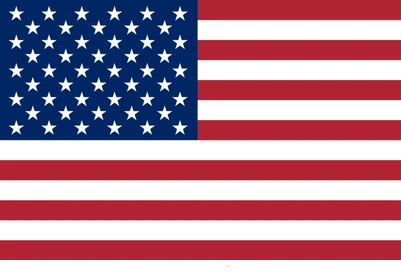Environmental reponsibility
![Banner -ambiental_mobile[EN]](https://en.usinasaoluiz.com.br/wp-content/uploads/sites/2/2021/10/Banner-ambiental_mobileEN.jpg)
CARBON CREDIT
usina São Luiz invests in improving processes and technology to ensure the reduction of carbon dioxide in the atmosphere. We have been certified by Renovabio, the National Biofuels Policy, since 2018, and through this, we generate carbon credits.
CARBON CREDIT
usina São Luiz invests in improving processes and technology to ensure the reduction of carbon dioxide in the atmosphere. We have been certified by Renovabio, the National Biofuels Policy, since 2018, and through this, we generate carbon credits.
FAUNA MONITORING
Fauna can be defined as the set of animal species that occupy a certain region. It is one of the biotic components of the ecosystem that best reflects the integrity of the environment, acting as a “thermometer” of environmental conditions.
The faunal study of Usina São Luiz began in 2002 by professionals from the University of Campinas (UNICAMP), Prof. Dr. Wesley Rodrigues Silva and biologists Paulo Roberto Manzani and Dr. Cristiane Patrícia Zaniratto. In the last monitoring, 187 different species were mapped, including amphibians, reptiles, birds and mammals.
The results obtained reaffirm the importance of recovering ecological corridors, vegetation belts that link forest fragments or conservation units that are separated. The main objective of these corridors is to enable the displacement of fauna between isolated areas, ensuring genetic exchange between species.
BURNS
Usina São Luiz harvests approximately 100% of raw sugarcane. Since 2010, the straw burning activity has not been carried out, noting that the deadline for the extinction of the use of fire in sugarcane fields determines the year 2021 for a non-mechanized area. With the signing of the protocol, the signatories committed to advance the commitment, opting to eliminate fires in 2014 at the latest.
BIOLOGICAL CONTROL
There are several species of insects that cause economic damage to rural producers and because of this they are considered pests. In order to reduce these damages in a technically correct, economically viable and environmentally safe manner, it was necessary to implement an integrated pest management program.
Usina São Luiz has had an entomological laboratory, since 1981, for the production of Cotesia flavipes and a biofactory, since 2006, for the production of Metarhizium anisopliae and Bauveria bassiana.
Biological control is considered by the USL as an important alternative for pest management in sustainable agricultural systems, as it is a natural process of regulating the number of individuals in the pest population through the action of biotic mortality agents. Biological control has as main advantages the protection of biodiversity, less risk of reaching non-target organisms and not leaving toxic residues in food, water and soil.
USE OF WATER
We have a closed water circuit, ensuring the optimization and reduction of consumption in production processes, production of sugar, ethanol and energy generation.
In addition, we develop awareness campaigns on the rational use of water, involving all company employees.
WASTE MANAGEMENT – REDUCE, REUSE AND RECYCLE
The 3R Program began in 2009, with the objective of preparing a solid waste management plan. Several actions were taken and are still taking place to minimize the impact generated by them.
• Christmas crafts with recyclable materials;
• Return of used lamps for recycling;
• Collection of batteries for correct disposal;
• Removal of bags from the offices of dry garbage dumps;
• Raising awareness through the “Lixo no Garbage” program.


